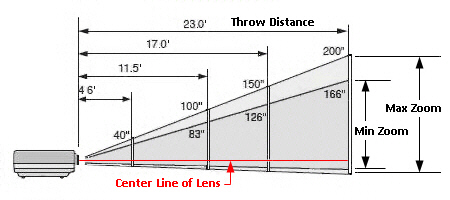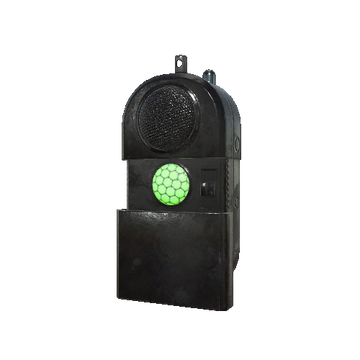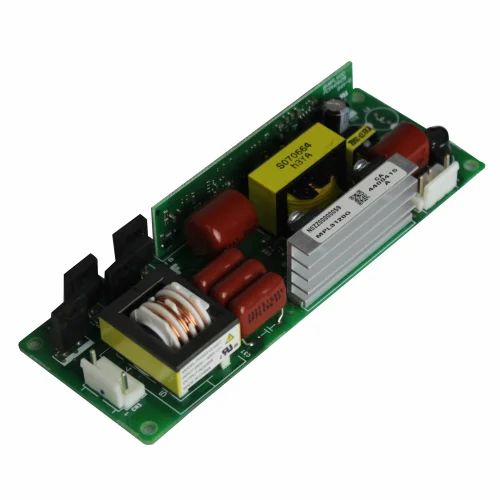The Possible Consequences: What Happens When You Put Dish Soap in Your Dishwasher?
Introduction
When it comes to washing dishes, the convenience that a dishwasher offers is unparalleled. But have you ever wondered what would happen if you replaced the dishwasher detergent with regular dish soap? It may seem like a harmless switch, but it can cause a number of issues. This article takes you through the differences between dish soap and dishwasher detergent, problems caused by using dish soap in your dishwasher, and how to handle the situation in case it occurs accidentally.
What Are the Differences Between Dish Soap and Dishwasher Detergent?
Identifying discrepancies between dish soap and dishwasher detergent can be puzzling for many, as they appear to function similarly - cleaning dishes. Yet, their fundamental difference lies in their chemical structures and application. Here's a rundown of their differences:
- Intended Use: Dish soap is often manually used for washing dishes, whereas dishwasher detergent is designed for automated dishwashers.
- Suds Generation: Dish soap generates a larger amount of suds to breakup grime as the manual scrubbing action enhances its effectiveness. Contrarily, dishwasher detergent is low-sudsing made specifically to be compatible with the high-heat, jet spray conditions within a dishwasher.
- Enzyme Incorporation: Dishwasher detergents contain specific enzymes diligently designed to breakdown food residue, thereby maximizing dish cleanliness and efficiency.
- Dish Cleaning Mechanism: Dish soap relies on the scrubbing action of washing by hands, but dishwasher detergent functions effectively with the high temperatures and high-pressure sprays of a dishwasher.
The contrasting features of dish soap and dishwasher detergent clarify the sole reason they are not interchangeable. Using one in place of another invites unwanted complications. Understanding their differences ensures optimal dishwashing, while preserving the longevity of your dishwasher.
Why is Dish Soap Not Suitable for Your Dishwasher?
Dish soap, while effective for hand washing, is ill-suited for application in automatic dishwashers due to its inherently sudsy nature. Here are key reasons why it's not advisable to use dish soap in your dishwasher:
1. Excessive Sudsing: Dish soaps are renowned for generating a lot of foam, ideal for hand washing dishes but a real problem inside a dishwasher. This can lead to the soapy suds overflowing and turning your kitchen into a soapy mess.
2. Inadequate Cleaning Performance: Dish soap is not engineered to withstand the high temperatures that a dishwasher operates at. This could result in subpar cleaning performance, leaving residues of food and grease on your dishes.
3. Long-Term Damage: Prolonged use of dish soap can potentially damage certain parts of the dishwasher. Parts like rubber seals and tubes may degrade over time due to the harsh nature of dish soap.
In summary, swapping dishwasher detergent for dish soap might seem like a harmless act, but it can create significant problems from inconvenient cleanups to potentially damaging the dishwasher itself in the long run.
What Actually Occurs When You Place Dish Soap Inside a Dishwasher?
The unexpected scenario which materializes when ordinary dish soap supersedes dishwasher detergent involves a few unfolding developments. Each of these steps highlights why this mistake can cause a dishwasher’s operation to go awry.
• Surfeit of Suds: The key issue that arises is the generation of an excessive amount of suds. Unlike dishwasher detergent, dish soap isn't formulated for contained, high-pressure environments. Thus, it immediately starts creating plentiful foam due to the intense heat and rapid water circulation within the dishwasher.
• Soapy Overflow: Due to the unmanageable volume of foam, what follows is a predictable eruption. The accumulated suds find their way out of the dishwasher, causing a soapy overflow that can inundate your kitchen floor and possibly even damage its surface.
• Inefficient Cleaning: Dish soap is not formulated for the elevated heat levels inside a dishwasher. Consequently, its cleaning efficacy takes a hit. Despite the rigorous wash cycle, you may still find food remnants, greasy patches, and soap residue on your dishes.
• Residual Impact: Soap suds not just cling onto your dishes, but also stubbornly stick to the dishwasher's interior. This can create a film of soap residue inside the dishwasher, which proves to be another obstacle in ensuring the cleanliness and hygiene of your dishes.
While the imposition of dish soap may seem a minute change, it's evident that it can create dramatic disruptions in your dishwasher's operation. Not only does it compromise the cleanliness of your utensils, but it also leaves you with extra cleaning tasks and potential repair bills. Thus, it's best to keep your dish soap confined to the kitchen sink and let your dishwasher detergent handle the hard work inside the appliance.
How to Clean Up After a Dish Soap In Dishwasher Mishap?
Perhaps you've accidentally used dish soap in your dishwasher mistakenly, or in a desperate scenario when your dishwasher detergent ran out. Now, you're facing a socking frothy mess? Not to worry, we've set up a step-by-step guide to help you handle such scenarios effectively and safely:
Step 1: Stop the Dishwasher
The first step is to immediately turn off the dishwasher. This will prevent the suds from creating more of a mess on your kitchen floor.
Step 2: Remove the Suds
Next, gather up as many suds as possible from the dishwasher's interior. For this purpose, you might make use of a small container or even some old towels.
Step 3: Clean the Dishes
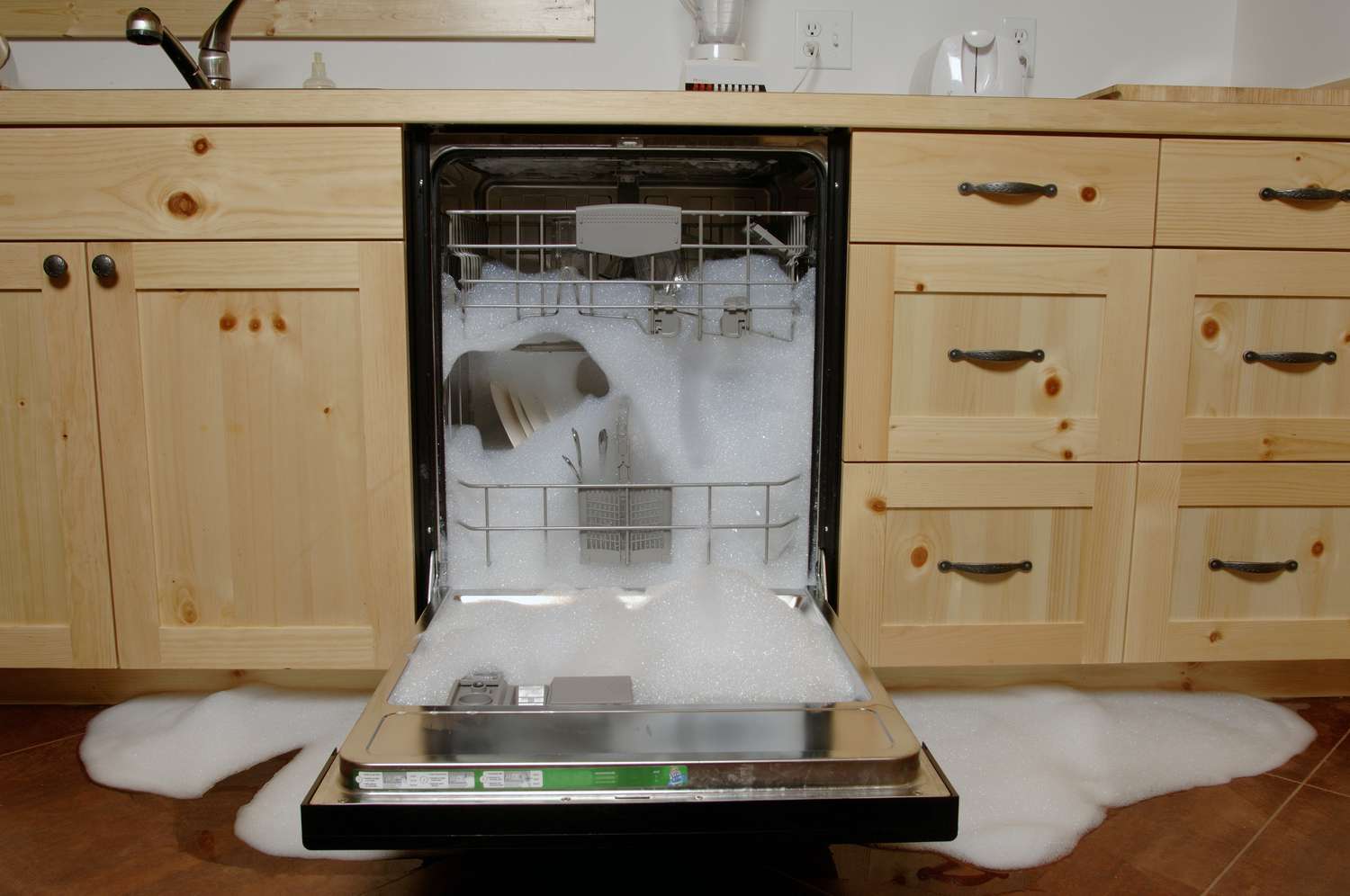
Take out all the dishes that were being washed and thoroughly rinse them under tap water to remove any residual soap or food particles.
Step 4: Dry Up Any Remaining Soap Residue
To ensure there's no leftover dismaying residue in your dishwasher's interior, wipe it down using a soft, dry towel.
Step 5: Run a Cleaning Cycle
After you've manually cleared leftovers and the soap residue, it's time to give your dishwasher a thorough cleaning. Choose a dishwasher-safe cleaner and run a hot cycle. Keep a close eye on the machine during this cycle to avoid creating any unexpected foam.
By adhering to this simple five-step procedure, you can mitigate the soapy chaos in your kitchen and restore your dishwasher back to its optimal performance.
Remember, it's crucial to use specific dishwasher detergent for automatic dishwashers – substituting it with dish soap could lead to more trouble than benefit. If you're short on dishwasher detergent, consider washing your dishes manually with dish soap until you can replenish your supply.
Are There Any Long-Term Effects of Using Dish Soap in the Dishwasher?
When it comes to using dish soap in dishwashers, one-time mishaps might not provoke significant damage. However, frequent use can have noteworthy long-term effects. The regular use of dish soap in dishwashers can give birth to a series of issues:
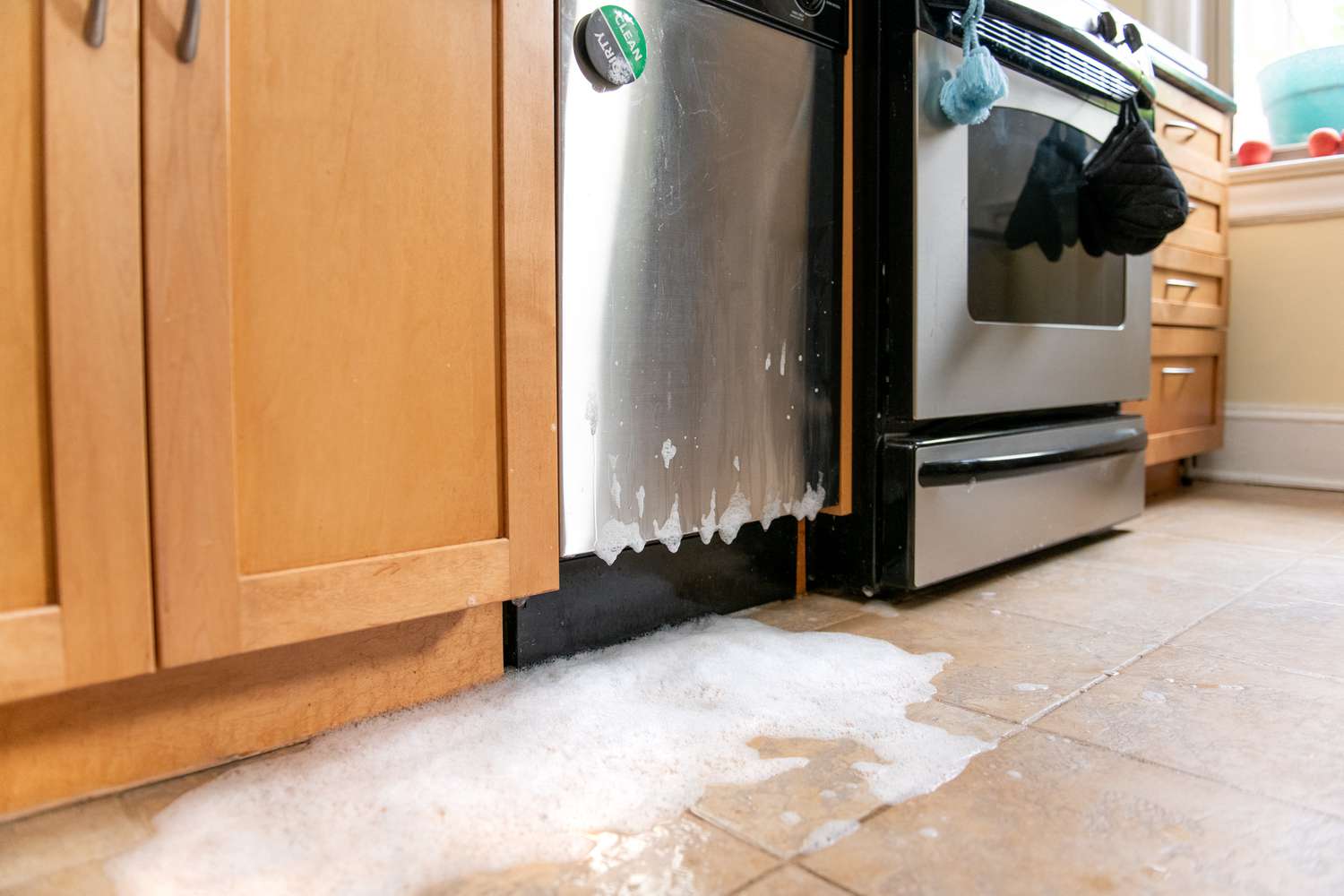
1. Degradation of Rubber Parts: Components such as rubber seals and tubes are an integral part of your dishwasher. The harsh elements in dish soap can affect these parts, which can ultimately lead to potential leaks.
2. Residue Build-up: Dish soap often leaves a residue that doesn’t wash away easily. This residue, over time, could clog essential working parts of your dishwasher and hamper its functionality.
3. Decreased Efficiency: The residue build-up and degradation of parts not only limit the lifespan of your dishwasher but also its efficiency. A reduction of cleaning efficiency shapes a vicious cycle where, to achieve the same level of cleanliness, the dishwasher may require more runs.
4. Extra Maintenance Required: Dishwashers that have to continuously deal with dish soap can be expected to require more frequent maintenance. This is to ensure its parts are in good working order and the machine remains unclogged for efficient operation.
In conclusion, it's essential to understand that while dish soap may seem like a harmless or even economical switch, it can have damaging effects on the appliance. Therefore, to maintain the performance and longevity of your dishwasher, it's advised to stick to the use of proper dishwasher detergents.
Conclusion
Using dish soap instead of dishwasher detergent might seem like a quick fix, but it can lead to an inconvenient and potentially messy situation. To maintain proper function and longevity of your dishwasher, it's important to use the detergent specifically designed for it.
Related FAQs about what happens if you put dish soap in the dishwasher
Can You Ever Use Dish Soap in a Dishwasher?
Although it might seem feasible, using dish soap in a dishwasher is highly discouraged. Dish soap has a different chemical makeup and is designed for handwashing dishes. Using it in a dishwasher, even once, could lead to an overflow of suds and disrupt the appliance's operation.
What Should You Do If You Accidentally Put Dish Soap in the Dishwasher?
If dish soap has accidentally been put in a dishwasher, immediately stop the cycle. Remove as much soap and foam as possible, rinse the dishes manually, and dry the dishwasher thoroughly. After cleaning, run the dishwasher's cycle with a dishwasher-safe cleaner to remove leftover soap residue.
Can Using Dish Soap in a Dishwasher Damage the Appliance Long Term?
Yes, frequent use of dish soap in a dishwasher can lead to long-term damage. Regular use of dish soap can lead to the degradation of rubber parts, cause a build-up of soap residue, reduce efficiency, and necessitate more frequent maintenance of the appliance.



